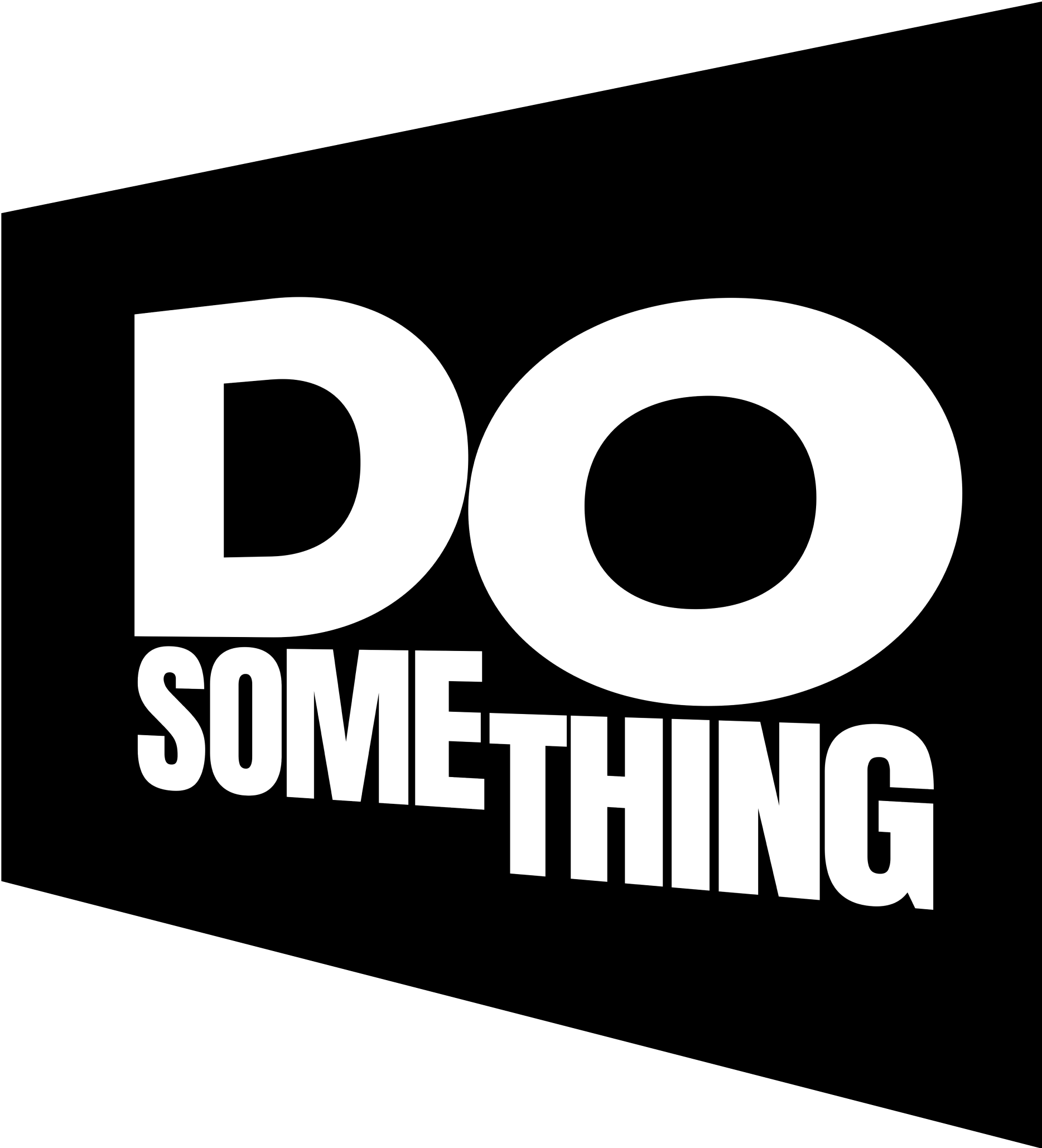What is Indigenous Peoples’ Day?
And why should we celebrate it instead of Columbus Day?

We teamed up with IllumiNative to celebrate Indigenous Peoples' Day -- huge thanks to them for providing resources and campaigns that increase the visibility of Native Nations and peoples in American society.
What Is Indigenous Peoples’ Day?
Indigenous Peoples’ Day honors the past, present, and futures of Native peoples throughout the US. The holiday recognizes the legacy and impact of colonialism on Native communities, and it also celebrates the cultures, contributions, and resilience of contemporary Native peoples. It’s celebrated on the second Monday of October every year.
Who Is Celebrating Indigenous Peoples’ Day?
Folks have been opting to celebrate Indigenous Peoples’ Day in place of Columbus Day since 1977. As of 2020, 14 US states and more than 130 cities officially recognize Indigenous Peoples’ Day, and places like Wisconsin and Washington, DC are joining the movement to honor the holiday.
“This change allows the opportunity to bring more awareness to the unique, rich history of this land that is inextricably tied to the first peoples of this country and predates the voyage of Christopher Columbus,” the National Congress of American Indians (NCAI) said in a statement. “It also acknowledges American Indians and Alaska Natives as thriving, contemporary sovereign nations who hold their rightful place among the American family of governments.”
Why Is the Holiday Important?
Currently, there are over 600 Native Nations in the US, and 6.8 million Americans identify as Native American (about 2% of the country’s total population). Yet representation for Native peoples (especially contemporary Native peoples) is seriously lacking, and Native communities still experience a legacy of discrimination as a result.
Indigenous Peoples’ Day pushes back on this invisibility. It allows Native people and their perspectives to be centered and celebrated. It’s a time to honor the achievements of folks like Joy Harjo, the first Native American poet laureate of the US, or the Indigenous youth activists who are saving sacred lands and fighting for climate justice. The holiday also gives non-Native people the chance to gain a better understanding of Native communities -- namely, that they are still here, they are relevant today, and their identities are valid.
What About Columbus Day?
A lot of people have been taught an inaccurate history of Christopher Columbus and his journey to the Americas -- one that erases the violence of his actions and attitudes.
Columbus didn’t “discover” the Americas because millions of Indigenous people already lived there, and he committed atrocities against those he encountered. (In fact, he didn’t even step foot on North American land.) He brutalized, killed, and enslaved the Indigenous people of the Caribbean and led the way for future colonizers to do the same throughout the Americas. Learn more about it here.
The violence of Columbus and colonization shouldn’t be romanticized in history or honored with a holiday. Today is an opportunity for us to acknowledge the reality of our nation’s history, honor the long-standing contributions and identities of Indigenous peoples, and fight for Indigenous representation, equality, and justice.
What Can I Do?
- Download the Indigenous Peoples’ Day Toolkit from IllumiNative to learn more about how you can support the holiday.
- Support and amplify Native artists by checking out IllumiNative’s “25 Native American Comedians to Follow in 2020.”
- Educate yourself, friends, and family with resources from IllumiNative for being an effective ally to Native people.
- Fight Native voter suppression in the 2020 election by learning more about the issue, sharing resources for voting from Natives Votes, and donating to the Native Voter Fund.
- Support coronavirus relief for Native communities (which have been disproportionately impacted by the pandemic) by contributing to the First Nations Development Institute’s COVID-19 Emergency Response Fund.
- Attend a virtual event like this panel featuring young Native activists from the Smithsonian’s National Museum of the American Indian or the Indigenous Peoples’ Day Convergence from the Greater Cincinnati Native American Coalition.
- Make and encourage donations to organizations like IllumiNative that center Native voices, stories, and issues.
GET INVOLVED
Make a difference in your community and add your vision to the future of our democracy
